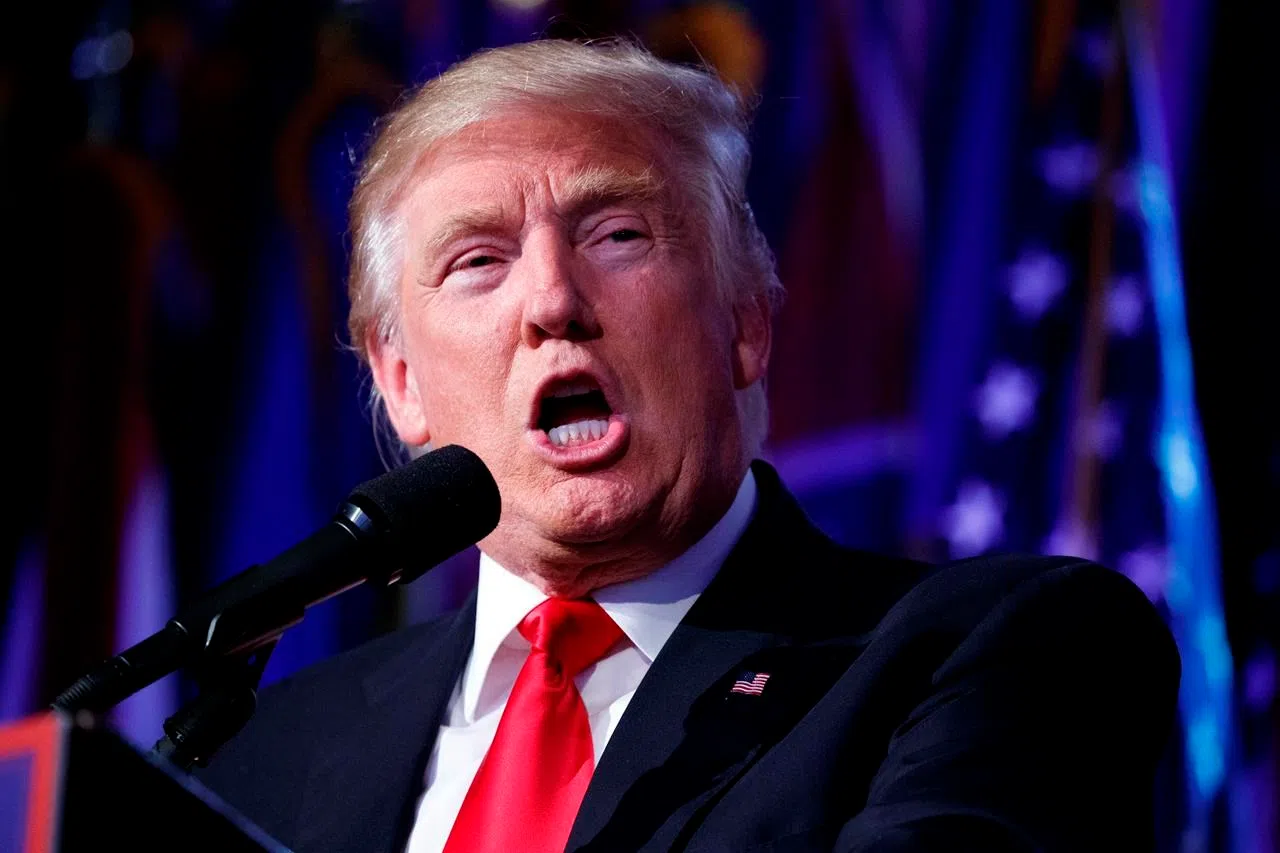
Trump victory throws basics of Canada’s foreign policy into question: experts
OTTAWA — Donald Trump’s stunning presidential election victory could overturn long-held assumptions and positions about Canada’s place in the world — from free trade and defence to the rules-based international order that the country has championed since the Second World War.
The Liberal government was among those scrambling Wednesday to get a handle on the ramifications of a U.S. president-elect who has repeatedly attacked Canada’s trade and foreign policy foundations, including the North American Free Trade Agreement and NATO.
Trump has also threatened a trade war with China and stronger action against North Korea and Iran, suggested a softer approach with Russia and voiced support for the use of torture.
On Wednesday, however, with the bile of the campaign finally receding, both Trump himself and Canada were trying to strike a more conciliatory tone.



